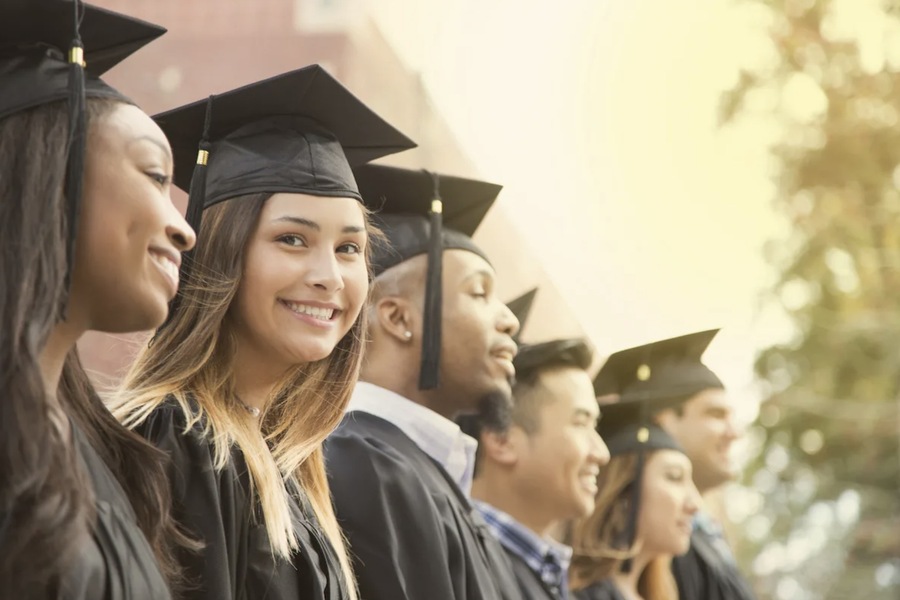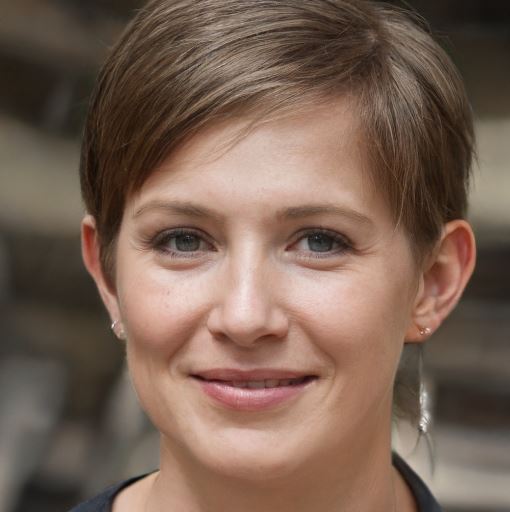The UAE’s education sector serves as a vibrant platform for cultural exchange, reflecting the diversity of the nation’s population, where more than 80% are expatriates. Private education plays a critical role in facilitating interaction among different cultures, creating opportunities for students and families to learn from one another. This educational environment not only fosters tolerance and understanding but also prepares students to thrive in a globalized world. With private schools catering to a range of curricula, including Indian, British, American, and International Baccalaureate (IB), the UAE has positioned itself as a hub for world-class education that nurtures cultural diversity.
Growth of Private Schools in the UAE
Private education has seen exponential growth in the UAE over the last two decades, driven by a demand for quality education tailored to expatriate communities. Data from the UAE’s Federal Competitiveness and Statistics Center indicates that approximately 1.3 million students were enrolled in private schools as of 2023, with over 200 nationalities represented across these institutions. Dubai alone is home to over 200 private schools, while Sharjah and other Emirates have rapidly expanded their offerings to meet the diverse needs of residents. This ecosystem promotes interaction among children from different cultural and linguistic backgrounds, creating a microcosm of global society within each school.
Impact of Multinational Student Populations
The presence of multinational student populations ensures continuous exposure to diverse perspectives, customs, and traditions. Children attending private schools interact with peers from varied backgrounds, fostering cross-cultural friendships and encouraging mutual respect from a young age. This environment supports the UAE’s broader goal of promoting tolerance and coexistence, a national priority reflected in initiatives such as the UAE Year of Tolerance launched in 2019. Schools thus serve as spaces where students learn to appreciate cultural differences, contributing to the development of socially responsible global citizens.

Diverse Curricula and Multilingual Learning
Private schools in the UAE offer a variety of curricula, each tailored to meet the needs of different communities. Schools following the Indian CBSE, British, IB, American, and French curricula are popular among expatriates. These programs emphasize multicultural learning and multilingual education, with students often receiving instruction in English, alongside Arabic and other languages like French, Mandarin, and Hindi. This multilingual education encourages students to engage with various cultures through language, broadening their understanding and enhancing their ability to communicate across cultural boundaries.
Additionally, curricula like IB and CBSE incorporate international perspectives into their frameworks, enabling students to appreciate global issues while staying rooted in their cultural identities. For example, some of the top CBSE schools in Sharjah integrate lessons on environmental sustainability with cultural projects, helping students connect international issues with local actions.
Cultural Exchange Through Extracurricular Activities
Extracurricular programs are integral to promoting cultural exchange within private schools. Events like International Days, language competitions, and cultural festivals allow students to showcase their heritage and learn about other traditions. Schools often host themed weeks focusing on different countries, where students dress in traditional attire, share cuisine, and perform cultural dances or songs. These activities foster an appreciation of diversity beyond the classroom, helping students develop empathy and cultural sensitivity.
Such events also extend to parents and the larger school community, creating a space for families to engage in cultural exchange. This active participation reinforces the idea that diversity is not just tolerated but celebrated, aligning with the UAE’s commitment to becoming a global hub for cultural diplomacy.
Promoting UAE’s National Identity in Private Schools
While private schools champion multiculturalism, they also emphasize the importance of understanding and respecting Emirati culture. The UAE government encourages private institutions to integrate national values into their curricula, ensuring that expatriate students develop an appreciation for local customs. Schools participate in events like National Day celebrations and Flag Day, where students engage in activities that reflect the UAE’s history and heritage.
This dual focus—celebrating diversity while promoting national identity—ensures that students develop a well-rounded understanding of the UAE’s unique position as both a melting pot of cultures and a nation rooted in strong traditions. These efforts align with broader government initiatives that seek to balance globalization with cultural preservation.
Teacher Diversity and Cross-Cultural Competency
Private schools in the UAE employ teachers from various countries, each bringing their pedagogical styles and cultural experiences into the classroom. This diversity among educators enriches the learning experience and models cross-cultural collaboration for students. Teachers undergo specialized training to manage diverse classrooms effectively, ensuring that all students feel included and supported.
Cross-cultural competence among teachers is essential, especially in managing classroom discussions that involve differing viewpoints. Educators in private schools are trained to encourage respectful dialogue, helping students learn to navigate cultural differences with sensitivity. These practices foster an inclusive environment where every student’s cultural identity is acknowledged and respected.

Parental Engagement in Promoting Cultural Exchange
Parental involvement is a key factor in promoting cultural exchange within private schools. Many schools actively engage parents through cultural events, workshops, and community programs. These initiatives encourage parents from different backgrounds to connect, fostering a sense of community that extends beyond the classroom.
For instance, schools may organize cooking competitions or art exhibitions where parents showcase cultural artifacts or traditional cuisine. These events create opportunities for families to learn from one another, deepening the cultural understanding within the school community. This engagement not only strengthens ties between families but also reinforces the school’s role in building a harmonious multicultural society.
Preparing Students for Global Opportunities
Private education in the UAE prepares students to thrive in a globalized world by fostering skills like adaptability, empathy, and critical thinking. With the increasing importance of global networks, students benefit from early exposure to diverse cultures and perspectives. Private schools also offer programs that encourage international collaborations, such as Model United Nations (MUN) conferences and student exchange programs, helping students gain firsthand experience in cross-cultural communication.
This focus on global readiness aligns with the UAE’s vision of becoming a knowledge-based economy. As the nation attracts talent from across the globe, private schools play a crucial role in nurturing future leaders who can operate seamlessly in multicultural environments.
Conclusion
Private education in the UAE serves as a cornerstone for promoting cultural exchange, offering a unique environment where diversity is embraced, and learning transcends borders. By bringing together students, teachers, and families from various backgrounds, private schools foster mutual respect and understanding, preparing students for a globalized future. The combination of diverse curricula, multilingual education, cultural events, and community involvement ensures that students develop both academic excellence and cultural awareness. Through these efforts, private schools contribute to the UAE’s reputation as a center for tolerance and cultural diplomacy. For a deeper understanding of private education demographics and its impact, official data can be accessed through the UAE’s Open Data portal

Hiking addict, shiba-inu lover, record lover, Swiss design-head and New School grad. Acting at the crossroads of modernism and sustainability to craft an inspiring, compelling and authentic brand narrative.
